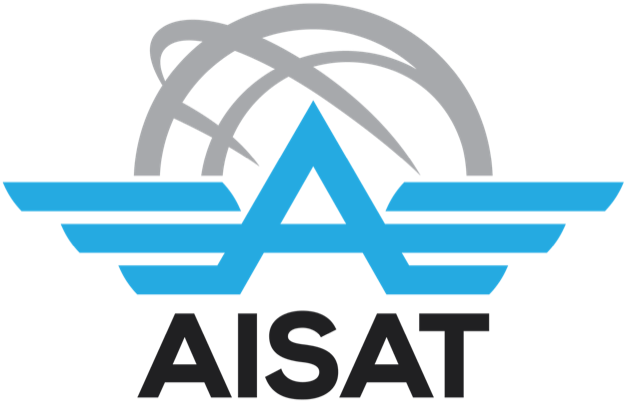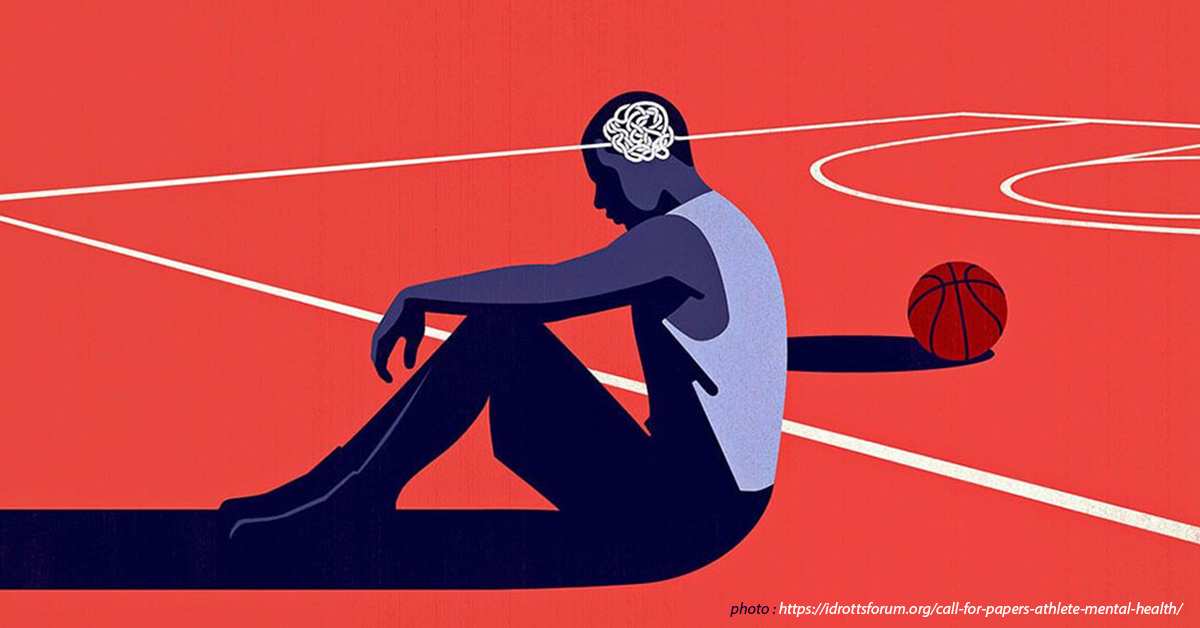October 15, 2021
by Kimberly Deaño
“What’s on your mind?” – A simple question yet so many answers. What’s on your mind? Is a question used by Facebook in its Wall – where you can fill it up with your status, the experience of the day, sharing stories, etc. As of this moment, the United Nations International Children’s Emergency Fund (UNICEF) campaigns “What’s on your mind?” in lieu of mental health awareness for the parents as a start to converse with their kids.
As childhood and adolescence is critical time especially for mental well-being. Individuals are prone to psychological and behavioral situations in which high rates of anxiety, depression, traumatic disorders, stress, suicidal, and aggressive behaviors occur due to the maltreatment they experience in their early stages in life. In UNICEF’s campaign – What’s on your mind? the organization addresses how to reach out, give support, and learn more about what’s in the mind of the children and adolescents. Tackling emotional, behavioral, and health that influences the lives of young people to help build connection, inspire, motivate speaking up, and being honest especially in conversations without judgments.
Mental health has been an issue all over the world. Study shows that 1 in 10 people has already been affected once with anxiety or depression. Within Western Pacific, the Philippines has mental illness third on its list with around six million Filipinos living with anxiety and depression. There is progress in lowering the cases of mental illnesses, however, discrimination still exists despite the effort of mental health awareness around the globe. Republic Act No. 11036 or the Philippine Mental Health Law authored by Senator Risa Hontiveros passed on 20th of June 2018 and took effect on the 5th of July. R.A 11036 or the Philippine Mental Health Law was signed by President Rodrigo R. Duterte. The law states “an act establishing a national mental health policy for the purpose of enhancing the delivery of integrated mental health services, promoting and protecting the rights of persons utilizing psychiatric, neurologic and psychosocial health services, appropriating funds, therefore, and for other purposes.”
Here are some conversation topics from an AI application that helps people who are in need of a friend or a listener:
- Building Healthy Habits
- Improving Social Skills
- Building Relationships
- Loving Your Body
- Positive Thinking
- Finding More Happiness
- Healing After Heartbreak
- Dealing With Uncertainty
- Finding Motivation
- Grief And Loss
- Finding Love
- Managing Difficult Emotions
The above list of topics is from an AI app for people who don’t want to go to a therapist or want to deal with it themselves. It is still recommended to reach out to a friend, a family member, or a specialist for real guidance, solution, and professional assistance. Some people also find exercising in keeping the mind and body fit. Exercising makes your body release endorphin hormones which trigger positivity making your mood elevated and it also acts as a natural painkiller.
Having a mental illness is not easy as it comes and goes even without triggers. Be kind, lend your hand, and don’t judge people with mental illnesses as they don’t want this to happen to them and they can’t control its effects as it comes from within. A warm hug and a listener help them to cope up and give them strength to move forward regardless of the weight they are carrying as the hope in their hearts glow brightly with a simple smile of encouragement and belongingness from you.

